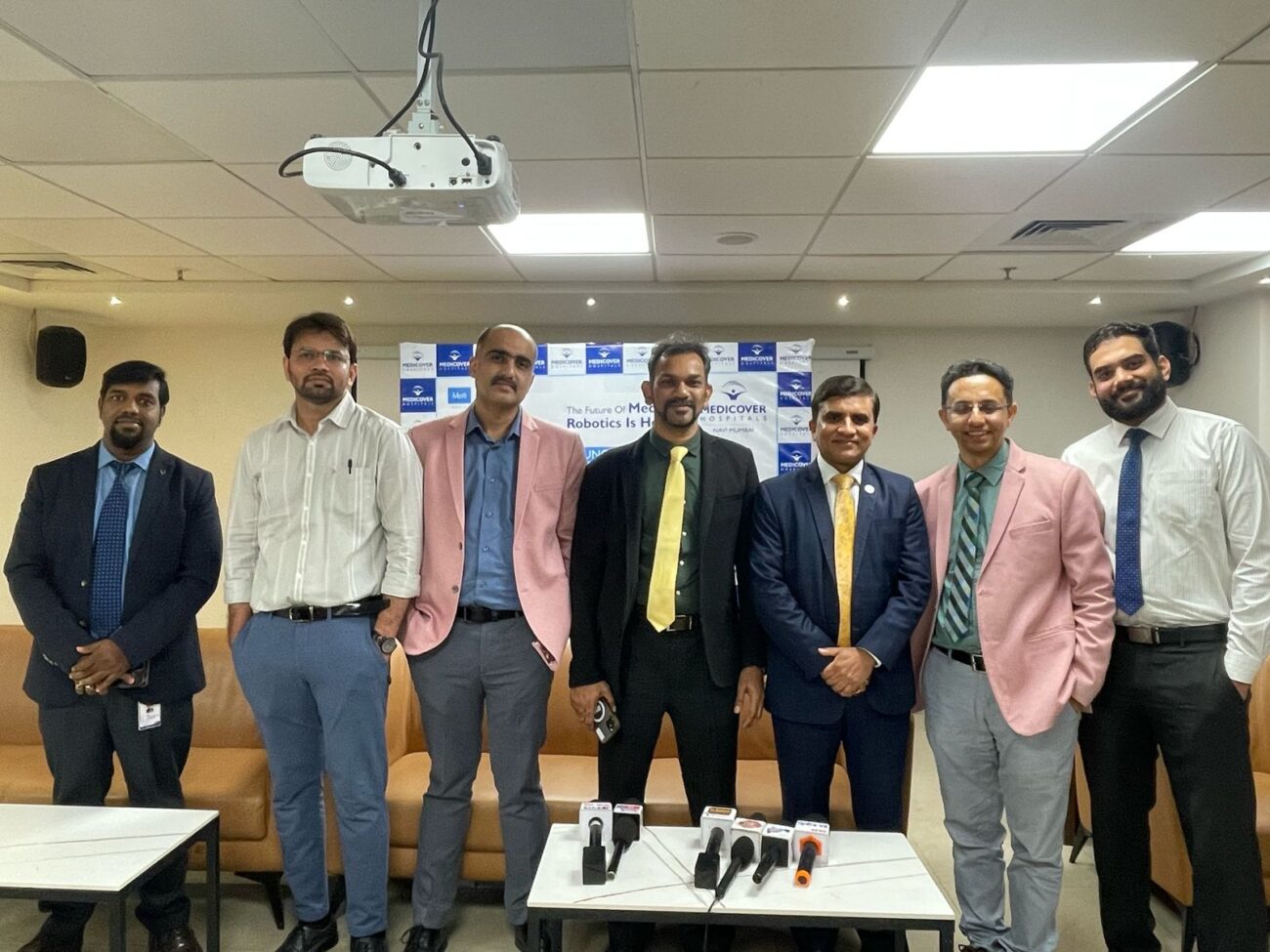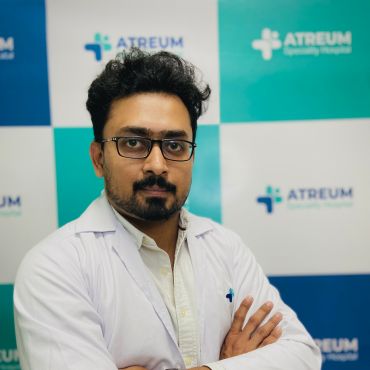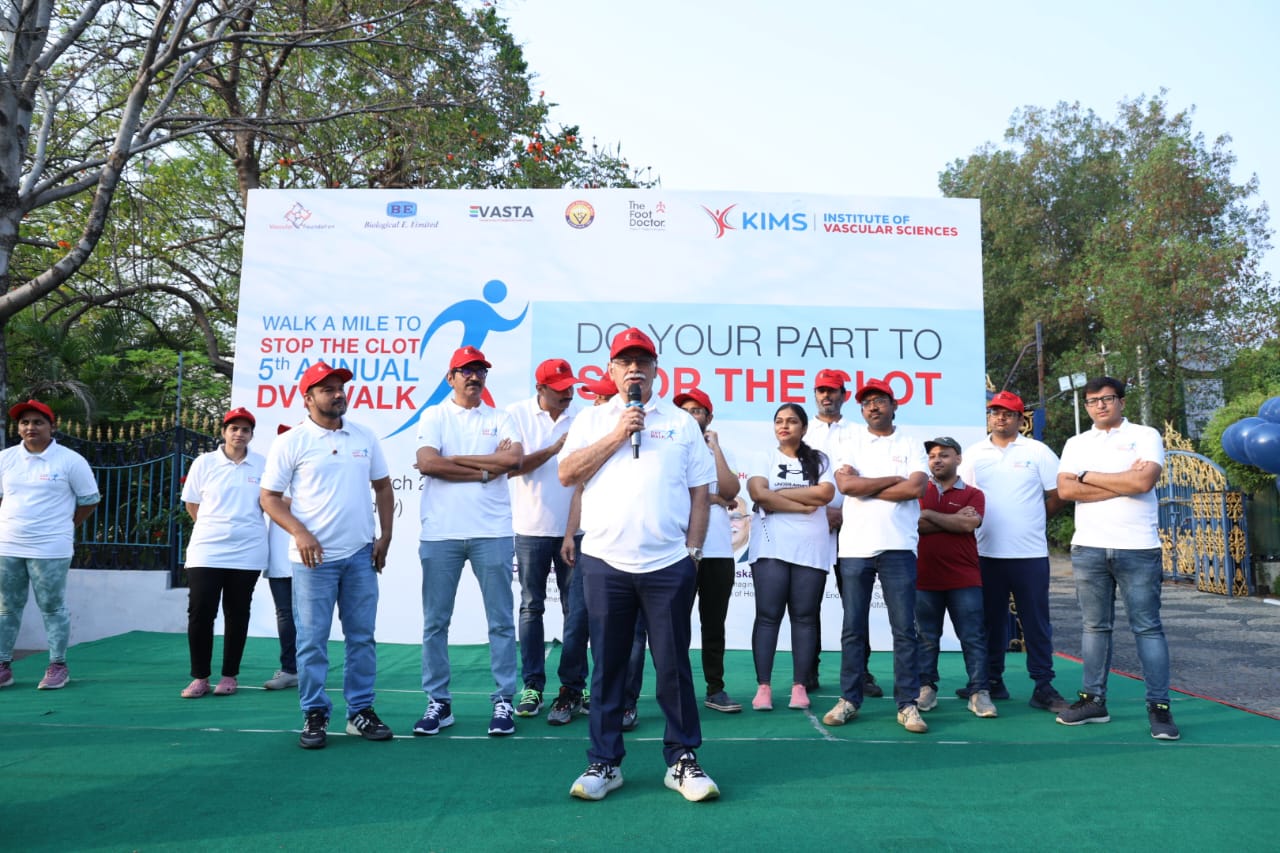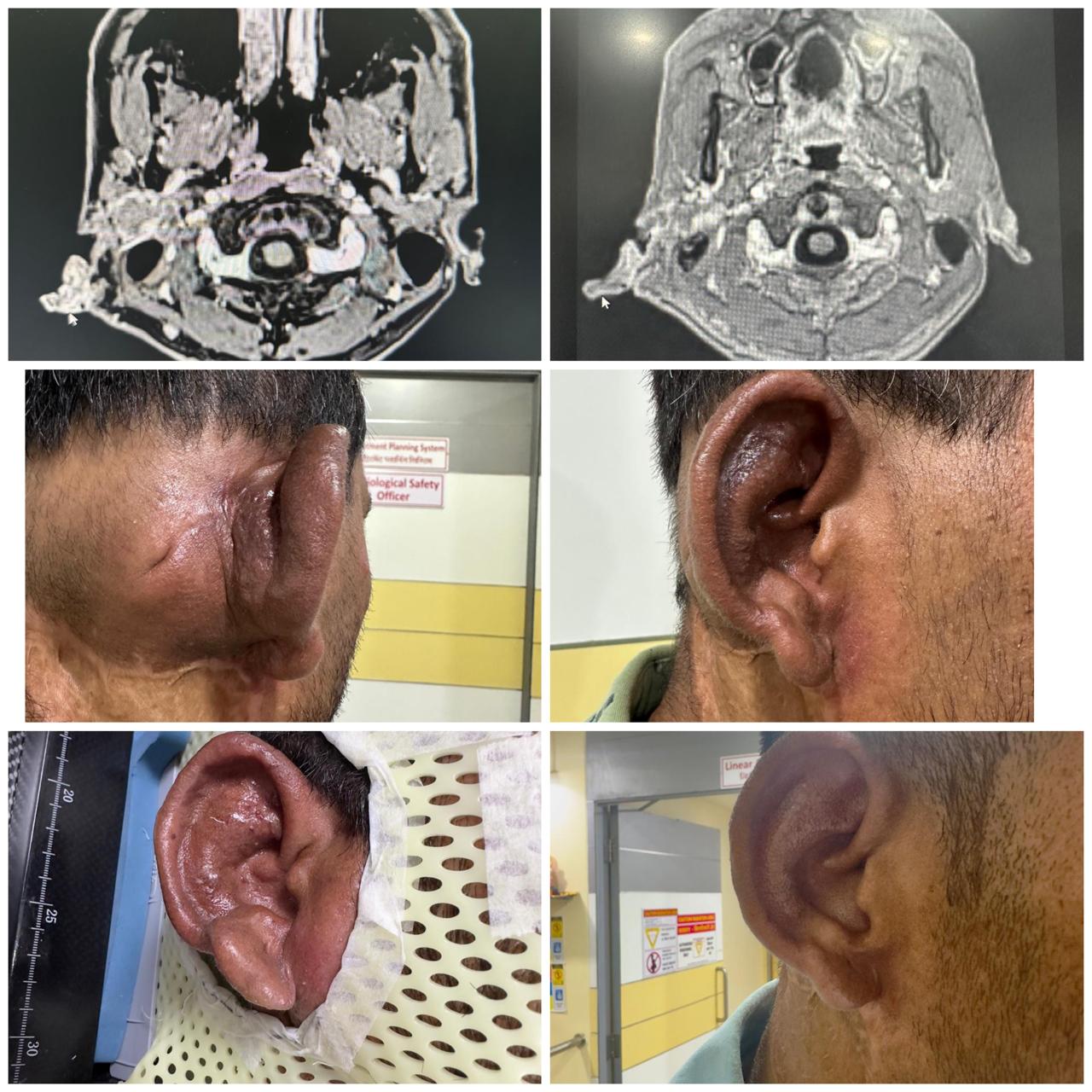Two Liters Of Blood Removed From A Woman’s Abdomen
Lilavati Hospital Saves Life Of A 37-Year-Old Woman With Intra-Abdominal Bleeding A team led by Dr Rekha Agrawal, Senior Honorary Consultant In Obstetrics And Gynaecology, Lilavati Hospital, Bandra, Mumbai successfully removed over two liters of blood

Lilavati Hospital Saves Life Of A 37-Year-Old Woman With Intra-Abdominal Bleeding
A team led by Dr Rekha Agrawal, Senior Honorary Consultant In Obstetrics And Gynaecology, Lilavati Hospital, Bandra, Mumbai successfully removed over two liters of blood from a woman’s abdomen despite great odds and managed to save her life. The patient had experienced massive intra-abdominal bleeding. This patient had undergone an aortic valve replacement surgery 4 years ago she was recommended an anticoagulant medication regimen. Patient however failed to monitor her INR (international normalized ratio) regularly. Normal INR is 1.1. Those with heart valve replacement and on warfarin need to maintain INR between 2-3.
Mrs Rabia Khan (name changed)*, a 37-year-old housewife arrived in casualty with difficulty in breathing and giddiness and abdominal pain. On arrival, pulse was 130 b / min. BP was 80/60 mm. On abdominal examination, there was massive bruising of anterior abdominal wall suggesting haemorrhage in the wall. Also, all signs of free fluid in the abdomen were positive. Her abdominal USG revealed more than 2 litres of free fluid in her abdomen and a right-sided ovarian mass almost 5cm by 6cm. Her blood investigation revealed a Hb of 5g/dl. Her INR was 10 and PTT not recordable .all coagulation profiles were deranged. Basically, the patient was in DIC and haemorrhagic shock.
Dr Rekha Agrawal, Senior Honorary Consultant In Obstetrics And Gynaecology, Lilavati Hospital, Bandra, Mumbai said, “With the help of Haematologist Dr Abhay Bhave and Intensivist Dr Srinivasan packed cells factor Nova 7 and FFP were transfused. The patient was admitted at 11 pm she was even bleeding from an Arterial Puncture. Her entire abdomen was bruised and the signs of intra-abdominal bleeding. She was in early disseminated intravascular coagulation (DIC), a rare and nearly fatal blood clotting disorder where the body consumes all clotting factors and because of this consumption coagulopathy blood does not clot if not treated in time patient can bleed from all mucous membranes. When one gets hurt, the clotting factors play a crucial role in stopping the bleeding. These clotting factors are consumed rapidly if there is bleeding inside the body. There was internal bleeding in her abdomen, causing all the clotting factors to be fully utilized. Her blood had become so thin that any test or procedure could result in bleeding from the puncture site of her body.”
Dr Agrawal added, “The goal was to normalize her INR so that we could do a laparoscopic surgery and stem the bleeding. However, it was a race against time. In the next 1/2 hours, the patient’s haemoglobin plunged to 4.5. She received 8-10 fresh frozen plasma, packed blood cells. platelet infusions and Nova 7 over six hours. This brought her blood levels to a safe range for surgery, Under expert anaesthetic team of Lilavati Dr Rekha performed laparoscopic surgery (key hole surgery,) this minimizes time of surgery and the morbidity accompanied by open surgery . During the Laparoscopic surgery, it was discovered that she was bleeding from a haemorrhagic ovarian cyst, which had caused 2 liters of blood to accumulate in her abdomen. The bleeding ovary and tube were excised Abdomen cleared of all free blood. 2.2 litres of blood were removed successfully, stemming the bleeding. Her clotting profile returned to normal. In the next 48 hours, she has fully recovered and is ready for discharge. Upon discharge, the patient has been advised to take extra care of her INR and follow up closely with her cardiologist Her Hb on discharge was 8 gm/dl and she has been given I.V Ferric Carboxymaltose 1000mg to saturate her iron stores.”
“Their quick thinking and mastery of surgical techniques played a pivotal role in ensuring the patient’s survival. The complex nature of intra-abdominal bleeding requires prompt action and exceptional skill and abundant resources all of which were present at the Hospital. With each successful outcome, the hospital aims to set new standards for patient care and treatment outcomes,” said Dr Niraj Uttamani, Chief Operating Officer at Lilavati Hospital & Research Centre, Bandra.
“As I heard the words intra-abdominal bleeding, I panicked offering the consequences. However, the doctors at Lilavati Hospital worked tirelessly to stabilize me, fighting against the odds. I am filled with gratitude for the doctors who saved my life,” concluded the patient Mrs Rabia Khan (name changed)*.






